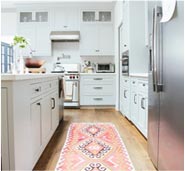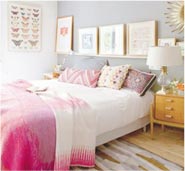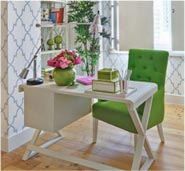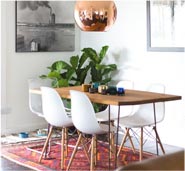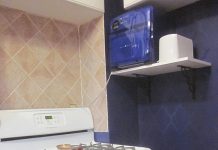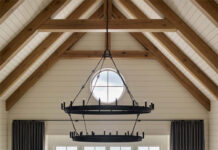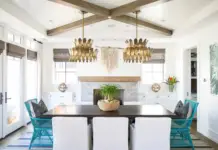Whether you are moving to Germany or relocating inside the nation, you will need a place to live. This might be tricky, especially if your German is not all that strong (yet).

Nowadays, finding apartments in Munich, studios in Berlin, or flats anywhere else in Germany is mostly done on the internet or through newspaper classifieds. Even if you are fluent in German, the phrases used to describe home and apartment rents may catch you off guard. This is especially true with abbreviations used in newspaper advertisements. What if you spotted an advertisement in the newspaper for a “80QM 3Zi BJ 96 DG BAD WC” space? While confusing on the surface, this might not be as difficult to comprehend as you fear.
These are some essential terms, their acronyms, and definitions:
Quadratmeter (QM or M2) – this is followed by a number and indicates the size of the apartment in square metres. Zimmer (Zi) followed by a number indicates the number of rooms.
The prefix Baujahr (BJ) followed by a number denotes the year of construction.
Water Closet (WC), Bath (Bad), and Dusche (Du) are names used to describe sanitary facilities. A bath is simply a bathtub, whereas a WC is a room with a toilet but no bathing amenities.
The phrases Erdgeschoss (EG), Obergeschoss (OG), and Dachgeschoss (DG) indicate how far up in the building you will be; they mean “ground floor,” “upper floor,” and “attic floor,” respectively.
Kaution (Ka, Kt, and Kaut) is the “security deposit” you must pay in addition to your rent. This is frequently followed by a number indicating the amount of the security deposit in euros.
Nebenkosten (NK) are “incidental expenditures” like garbage collection, stairwell cleaning, and water that are not included in your rent. If you’re searching for a completely furnished apartment, check for Möbliert (Möbl), and if you’re looking for convenient features like central heating, a balcony, a garden, or a garage, look for Zentralheizung (ZH), Balkon (Balk), Garten (Gart), or Garage (Gge).
Need a Hand?
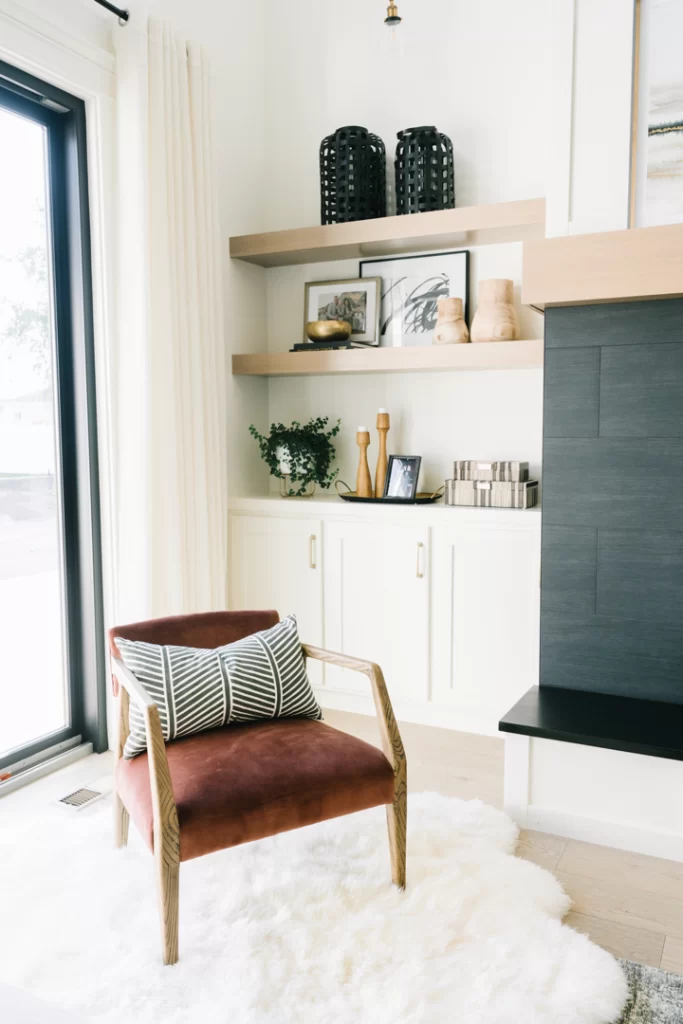
Nowadays, there are moving and relocation professionals; persons who have been established to alleviate employees of the challenges of acclimation and acculturation. They provide a wide range of services and are constantly expanding the breadth and depth of their offerings.
These professionals are sought after by large and small businesses, as well as people relocating to foreign nations. Moving and modifying might be a difficult undertaking without the assistance of a professional. Relocation professionals’ most typical tasks include locating homes and schools, registering for addresses, assisting with work permits and banking connections, and arranging for utilities and phone service. Other services provided may include assistance in obtaining driver’s licences, insurance, career counselling for spouses, vocational training, language and cultural training, and locating physicians and dentists. In addition, there is a greater emphasis on “lifestyle enhancement” services.
The moving and relocation sector has grown, and numerous enterprises in Germany, Europe, and across the world have created cooperative agreements and collaborations. To fulfill the new demands of an expanding number of expatriate employees, several international relocation agencies have extended the number of offices across the world.
Moving without assistance invites stress and wasted productivity. Examine the numerous firms and choose one that best meets your requirements. It will be well worth your time.
How does the procedure of renting an apartment in Berlin work?
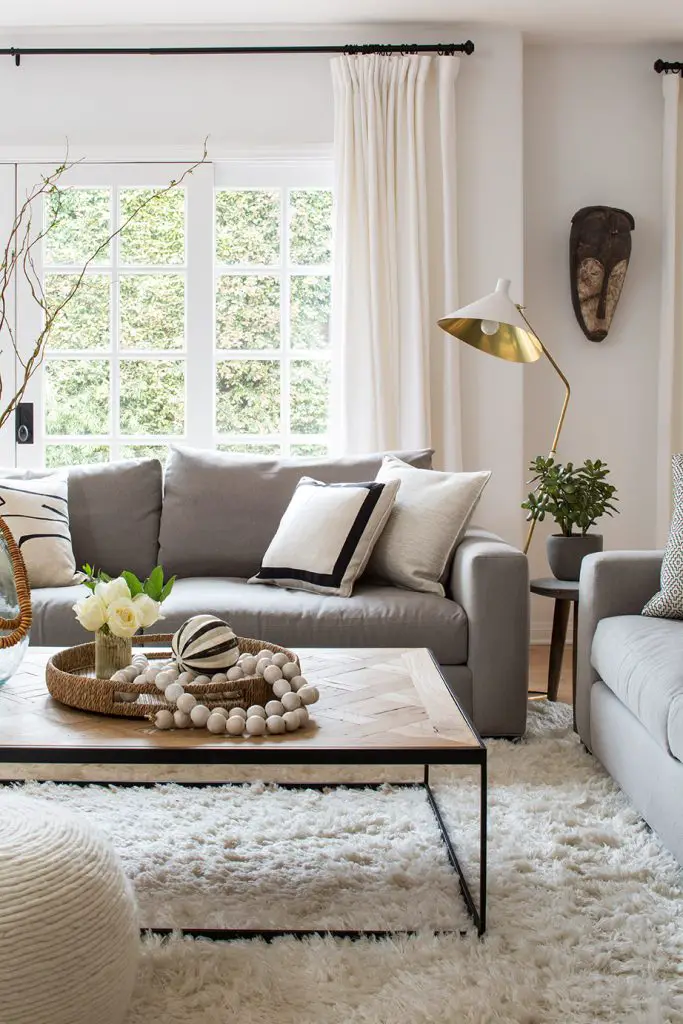
Renting a flat in a large city in Germany may need almost as much paperwork as buying a flat in another nation. While the background checks may appear excessive, you must remember that once you have a legitimate lease contract, the landlord cannot cancel the contract unless you fail to pay the rent.
While viewing an apartment, be prepared to wait in line as individuals rush to the landlord and present papers with family tales, employment references, and various official documents in order to be at the head of the list of candidates.
Rental properties are promoted on websites, in newspapers, on lampposts, and on social media. When you learn about an apartment, contact the owner as quickly as possible and maybe submit all essential paperwork ahead of time.
On the day of the appointment, a person who may or may not speak English will accompany you through the flat and verify your credentials. Please bring a pen to complete the application form.
When you apply for and are accepted for an apartment, you must pay a deposit (caution) into a bank account. Three months’ rent is required as a deposit.


